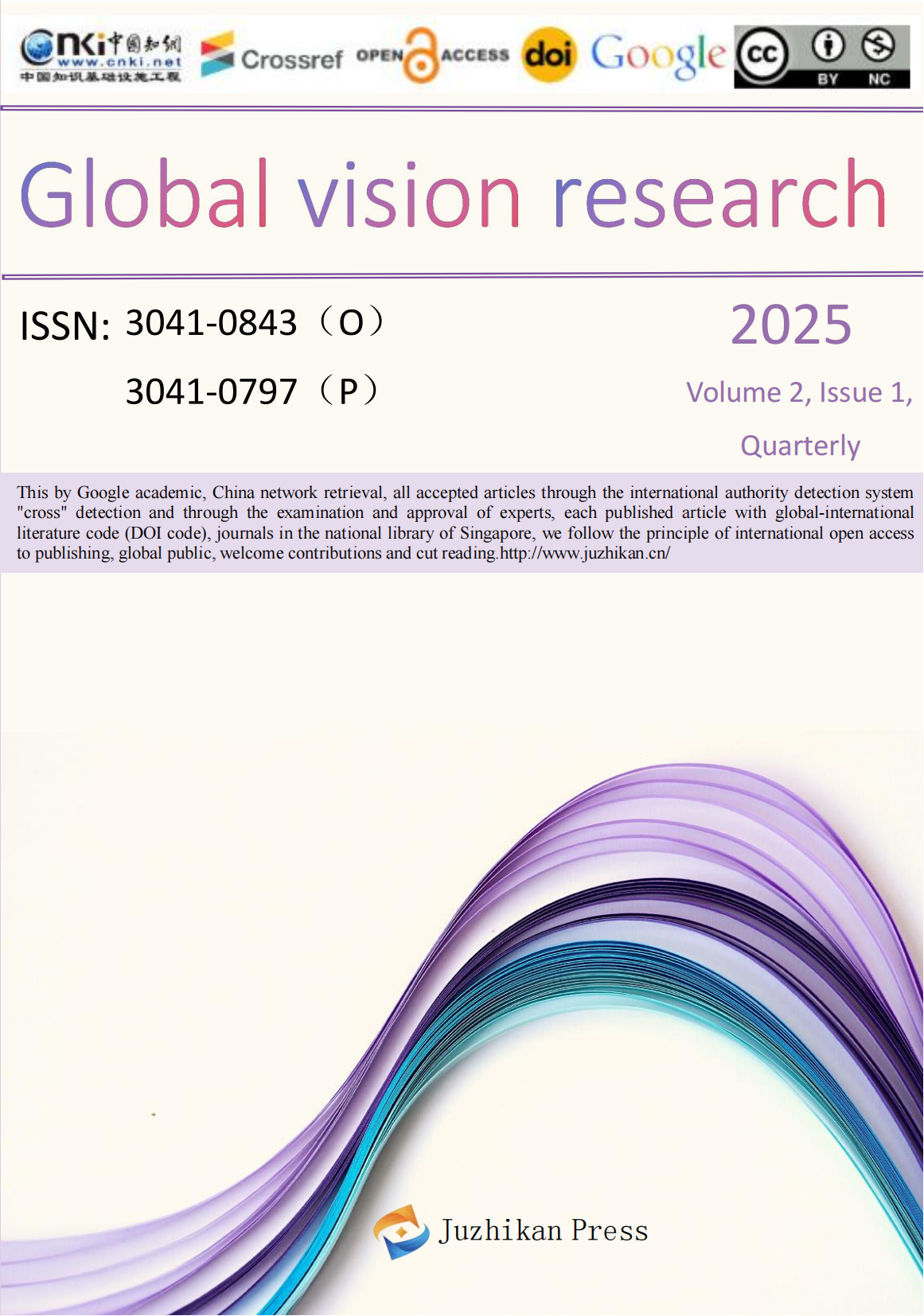
 info@juzhikan.asia
info@juzhikan.asia
 info@juzhikan.asia
info@juzhikan.asia
The impact of differences in consumer cultural values on the global communication of local brands
LIU JIAQI1 LIAO ZHIXIONG2*
1 Philippine Christian University, Manila Philippines, 1004;
2 Philippine Christian University, Manila Philippines, 1004;
Abstract: This study examines how consumer cultural value differences impact local brands' global communication strategies. Using Hofstede’s dimensions and Inglehart–Welzel’s cultural map, it reveals cultural variations in responses to brand elements, shaped by identity, ethnocentrism, and proximity. It discusses standardization, localization, and glocalization strategies, highlighting how cultural traits like individualism and uncertainty avoidance moderate their effectiveness. In digital contexts, local brands must adapt messaging for cultural resonance on social media. The study concludes that effective global branding requires cultural sensitivity and strategic flexibility to balance local relevance with global consistency.
Keywords: Consumer cultural values, Local brand globalization, Cultural adaptation, Standardization and, localization strategies, Glocalization
References
[1]De Mooij, M. (2021). Global marketing and advertising: Understanding cultural paradoxes.
[2]Elg, U., & Ghauri, P. N. (2021). A global marketing logic: local stakeholders’ influence in diverse emerging markets. International Marketing Review, 38(6), 1166-1188.
[3]Rachwal-Mueller, A., & Fedotova, I. (2024). The impact of cultural factors on consumer behavior: a holistic model for adaptive marketing approaches. Економіка транспортного комплексу, (44), 165-184.
[4]Roberts, J. W. (2006). Constructed identities: New social movements and computer-mediated communication in the Middle East. The University of Utah.
[5]Zheng, F., Zhao, C., Yasmin, F., & Sokolova, M. (2025). Hofstede's cultural dimensions and proactive behavior as the antecedents of entrepreneurial innovativeness. Acta Psychologica, 256, 104948.